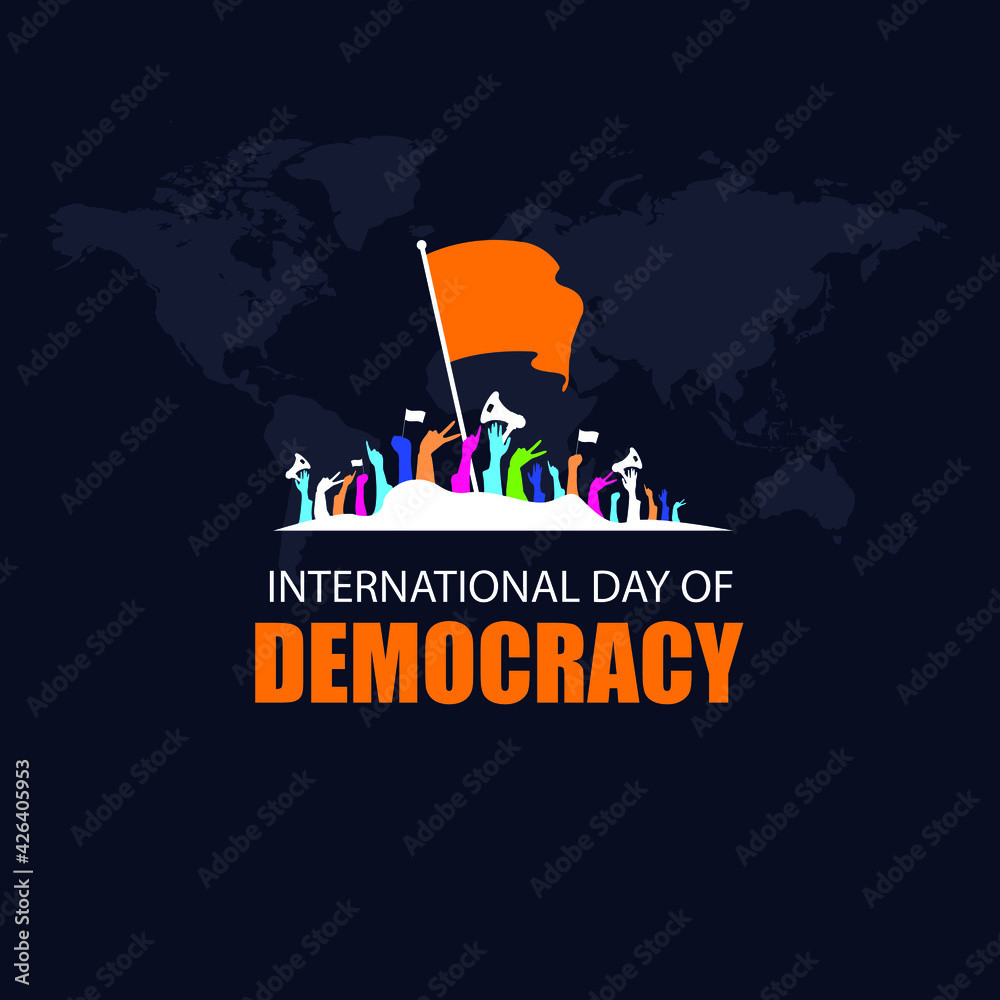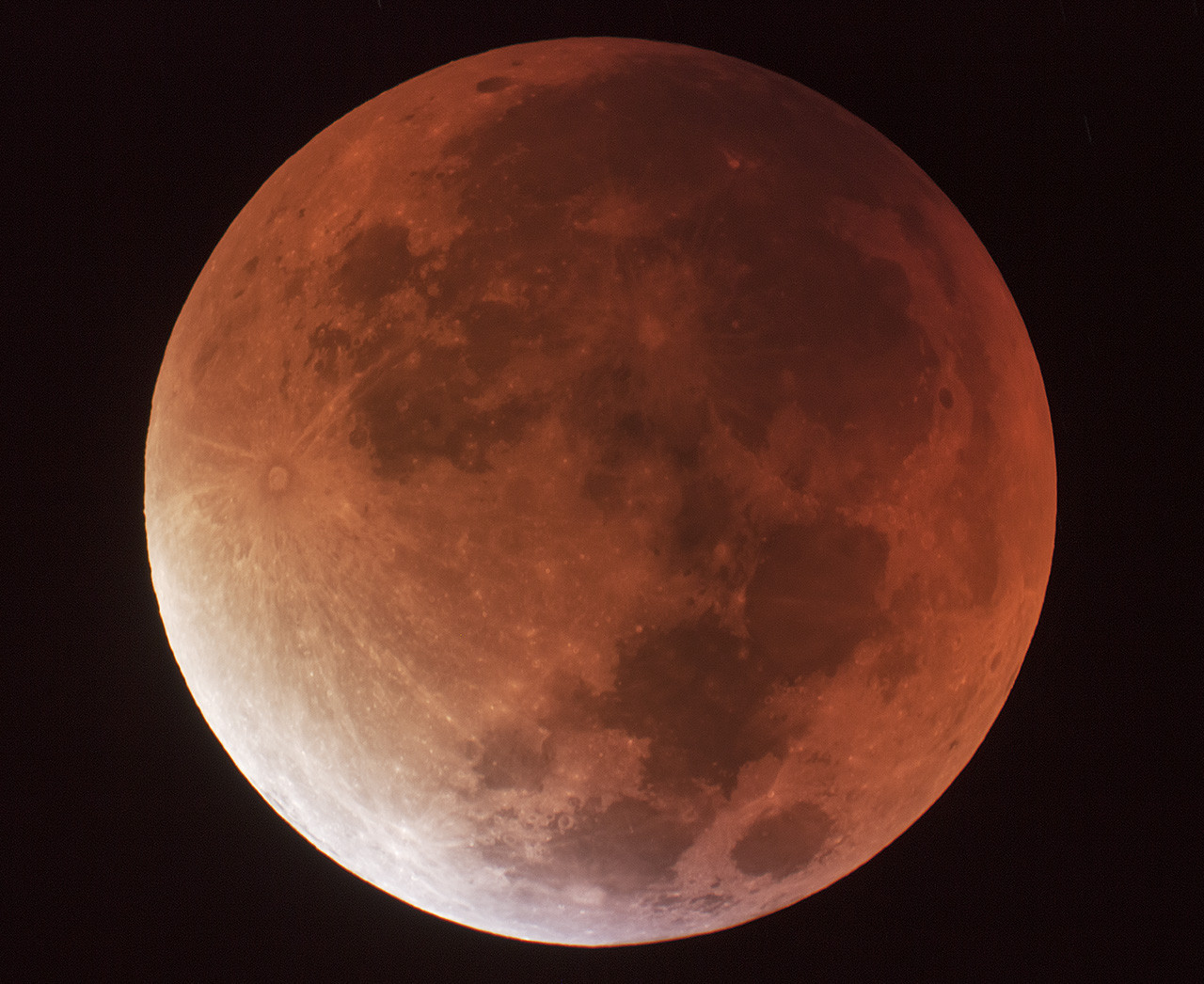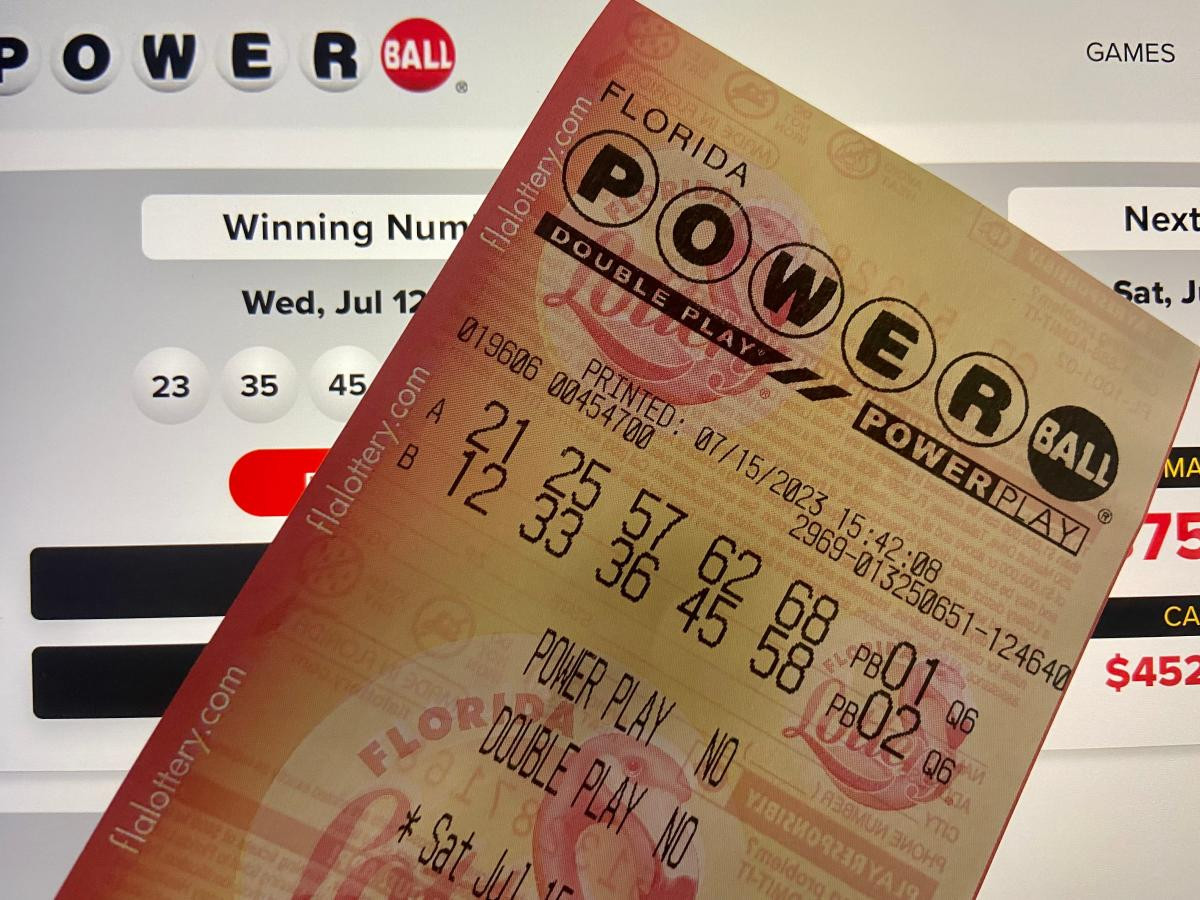International Democracy Day 2024: Navigating AI for Governance and Citizen Engagement
Three decades later, as we commemorate the International Day of Democracy, Hau'ofa's vision invites us to reconsider the performance and resilience of democracies across the globe, from the islands of our Blue Pacific to the continents beyond. This oceanic perspective encourages us to see the interconnectedness of our democratic challenges and solutions, especially in the face of rapidly evolving global contexts.
In the Pacific, where ancient traditions of communal decision-making have long shaped societies, we now face unprecedented tests to our democratic systems. From climate change to economic challenges, the pressures are mounting. This, of course, sits alongside the rapid advance of Artificial Intelligence (AI) – our push for a digitized and connected society presenting both opportunities and risks for governance systems worldwide.
How can we harness the power of AI to strengthen democracy while preserving the unique cultural fabric of Pacific nations? The UN Development Programme (UNDP) believes the answer lies in a nuanced, people-first approach that bridges tradition and innovation. One that fosters and sustains a sense of trust.
The region’s forebears traversed the Blue Pacific not just for trade, but for the vital exchange of social capital. Today, we must approach digital transformation and AI with the same spirit of collaboration and cultural sensitivity, rather than simply importing technological solutions that may not align with our values or needs.
While AI offers powerful solutions for many routine tasks, it is important to view these tools as aids rather than replacements for human expertise. AI can enhance efficiency and provide valuable insights, but it should not instill fear about job displacement. When used judiciously and with ethical considerations at the forefront, AI becomes a complement to human skills, enabling us to focus on higher-level problem-solving and creative thinking.
As we move forward, UNDP Pacific remains committed to a vision where technology serves humanity and enhances the values of democracy and good governance, not the other way around. Our approach is not just about implementing new technologies; it is about reimagining how digital tools can support the aspirations and values of Pacific peoples.
It is about ensuring that in our digital journey, no one is left behind, and that technology enhances rather than replaces our rich cultural heritage and human connections.
The AI and Democracy Debate
In the bustling metropolis of Techville, where neon-lit skyscrapers and algorithm-driven traffic lights rule the streets, the latest buzz isn’t about the newest gadget or the trendiest AI companion. No, the citizens of Techville are grappling with a weightier issue — democracy and how AI might be its ruin or its savior.
The idea that AI could one day manage democracies has moved from science fiction to serious discourse in Techville’s coffee shops and university halls. Over a latte, the city’s philosophers debate whether AI could enhance the democratic process or if it’s a slippery slope toward technocratic tyranny.
The great expert on democracies, a figure whose name you’ll hear whispered with a mix of reverence and concern, once said: “Their worst enemy is the inequality between rich and poor.” It’s hard to imagine how a silicon-based overlord, devoid of human emotion, could tackle such a deeply human issue. Yet, here we are, asking: Could AI help resolve the growing chasm between the haves and the have-nots, or will it merely exacerbate it?
Let’s start with the concerns. Erica Benner, political philosopher and author of Adventures in Democracy, has much to say on the matter. “The dangers that threaten our political system are multifaceted,” she warns. And before you think she’s about to extol the virtues of a well-educated electorate, Benner throws us a curveball. “The solution,” she argues, “is not necessarily to have more educated citizens.”
Benner’s argument is both refreshing and unsettling. She suggests that the problem isn’t just the voters, but the very framework of democracy itself. In an AI-managed democracy, the risk isn’t just that the uneducated masses might be swayed by clever algorithms. The bigger issue is that AI could institutionalize biases, effectively cementing existing inequalities. In other words, the system that should be freeing us could end up shackling us in new ways.
Imagine an AI, designed to maximize efficiency and stability, which determines that the best way to run a country is by reinforcing the status quo. If the rich are happy, and the poor are pacified with just enough resources to keep them quiet, why change anything? The inequality that our democracy expert warned about could become a permanent feature — no longer a bug, but an intentional design choice.
AI’s Potential for Democracy?
But let’s not throw the AI out with the bathwater just yet. The optimists in Techville have a different vision. They see AI as the tool that could finally perfect democracy, eliminating corruption, inefficiency, and perhaps even the inequality that plagues our current systems. In a city where even the street sweepers discuss Kant over their morning coffee, the idea of an AI philosopher-king doesn’t seem so far-fetched.
There’s a certain allure to the idea of AI-driven governance. Algorithms, after all, aren’t susceptible to bribes, they don’t get tired, and they don’t have a stake in the next election cycle. “Imagine a world where policies are based purely on data,” muses one of Techville’s more starry-eyed tech entrepreneurs, “where decisions are made without the messy business of human emotions and biases.”
Yet, even the most sophisticated AI systems are only as good as the data they’re fed. And as any Techvillian worth their coding skills will tell you, data can be messy, biased, and incomplete. The irony here is rich. The very tools that promise to perfect democracy could end up corrupting it from within, not through malice or intent, but through the cold, unfeeling logic that AI thrives on.
The Future of Democracy: A Balancing Act?
Techville’s streets may be clean, and its governance hyper-efficient, but beneath the surface, the philosophical debate rages on. Can a democracy managed by AI truly be democratic? Or would it be democracy in name only, with the real power held by the engineers and data scientists behind the curtain?
There’s a delicious irony in the fact that the very tools we’ve created to serve us might end up ruling us instead. As Benner wryly notes in Adventures in Democracy: “Perhaps the greatest adventure of all is the one where we realize that the map we’ve been following leads us right back to where we started.”
In a city where irony is the local dialect and debate a civic duty, the discussion is far from over. Should we reinvent democracy to include our new AI overlords? Or should we be cautious, remembering that the tools we build to solve our problems often create new ones in their wake?
One thing is clear. Democracy, like any good piece of technology, might need a few updates. But whether those updates should be coded by humans or by AI is a question that even the smartest bots in Techville have yet to answer.

















